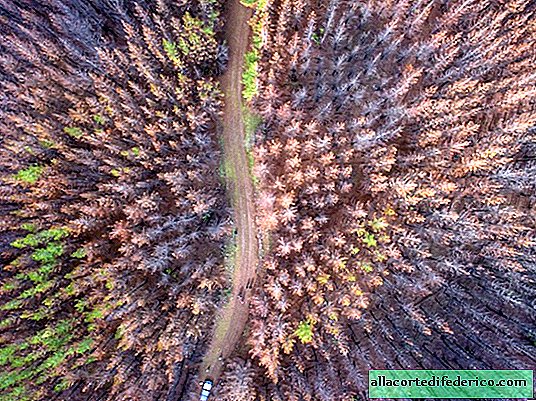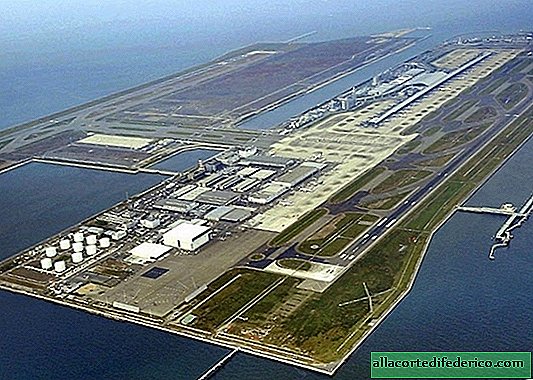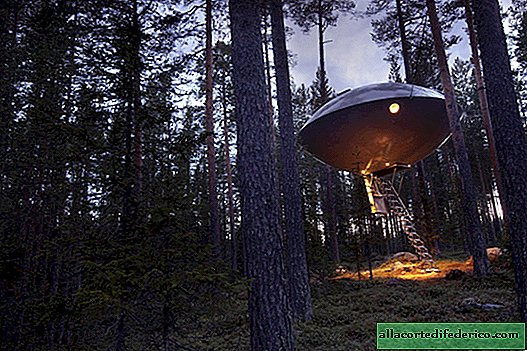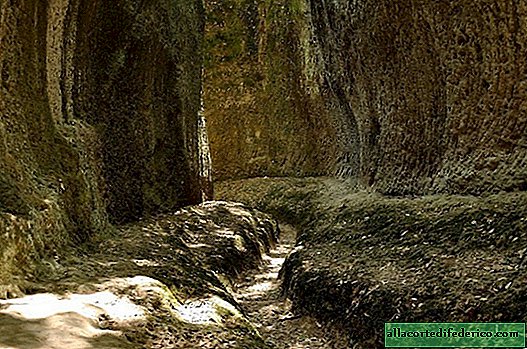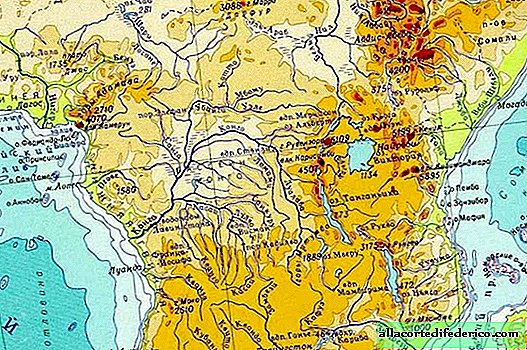There will be no buckwheat, apples and coffee: what happens if the bees disappear on Earth
If you believe that the problem of a sharp decrease in the number of bees on our planet concerns only beekeepers and entomologists, then you are deeply mistaken. The situation is so critical that in the near future it is possible the complete disappearance of these amazing insects. But beekeepers and honey lovers are not the only people who will suffer from their extinction. Their absence will radically change the life of every inhabitant of the Earth, and now we will explain why.

Bees live on all continents of our planet with the exception of Antarctica, and the number of species known to science exceeds 20,000. These wonderful insects exist both in the wild and are bred by humans in order to obtain honey.
But our planet has changed a lot over the past decades and, as the researchers believe, it was these changes that negatively affected the lives of bees. The widespread use of pesticides and herbicides, an increase in urban areas and a decrease in the area of natural ecosystems, the rapid spread of cellular communications, climate change - all this leads to a decrease in the immunity of bees, a decrease in their food supply and, as a result, a catastrophic reduction in the number of bees on our planet. In Germany, the USA, Russia, England, India and in many other countries of the world a decrease in the number of these insects by 30-70% is recorded.

Researchers believe that at the current rate of decline in the global bee population, these insects will disappear from the list of inhabitants of the Earth by 2035. And what will happen to human civilization?
What will happen to our world after the disappearance of the last bee can be safely called the word apocalypse. The fact is that, according to scientists, 80-90% of all plants in need of pollination are pollinated by bees, and only a small part accounts for butterflies, flies, bumblebees and other insects. What is pollination? If you do not go into botanical details, then this is the process as a result of which the fruit and the seeds contained in it are formed. And seeds are the key to the survival of a plant as a biological species.
 Bee pollinating an apple tree
Bee pollinating an apple treeWhat will we notice first of all, as soon as the bees disappear? We will lose most of the products of plant origin and not only. There will be no apples and pears, oranges and lemons, pumpkins and zucchini will disappear, sunflower will not be able to form seeds, buckwheat productivity will significantly decrease, and we will forever forget the taste of sunflower oil and buckwheat porridge. Most varieties of cucumbers, coffee, peach, apricot, plum trees, cherries and raspberries - they all form fruits after pollination by bees. In addition, many fodder plants used in agriculture also do not form seeds without pollinating bees, and the production of meat and milk will also decline sharply. Many wild species of flowering plants will also die if there are no bees that pollinate their flowers.
 Bees provide about 70% of the buckwheat harvest
Bees provide about 70% of the buckwheat harvestIt is easy to guess that our world will change dramatically after the disappearance of bees. For this reason, humanity should unite and stop the catastrophic process by common efforts, while there is still time.


